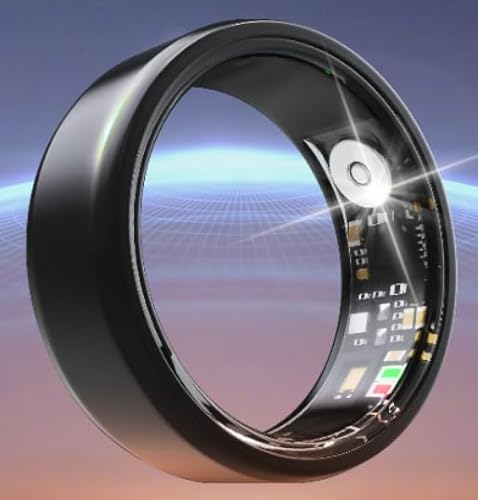Two years ago had knee replacement surgery. Have mechanical heart valve. Was told to bridge and was told to stop warfarin on Sunday for a Thursday surgery and to do lovenox shots twice Tuesday and only Wed morning. Was told at time of surgery on Thursday morning my INR was 1.07. My first reaction was too low. Had surgery and they held off lovenox shots but had me start warfarin Thursday evening with my normal 5 mg dose. Had rehab late morning on Friday. Nurse came in to check on me after rehab and found I was confused. She called doc and he determined I was having a stroke. They called my wife who showed up to room with an ambulance crew in hallway with stretcher. She was asked to approve the use of the TPA clot buster drug and if no improvement, I was going to be taken to a stroke specialty hospital 15 miles away. I remember none of this and woke up in ICU the next morning. Ended up in hospital for another 5 days and after many tests, it was determined they caught it and no lasting issues from stroke. There were 3 CT scans and one MRI over 2 days. I am told by my cardiologist that I am more susceptible to clots and they will be more hands on next time I have to bridge.
I may need another knee replaced in a few years, for other knee, and my shoulder is falling apart and I am told plan for a reverse shoulder replacement in the future. So will be needing to bridge again in the future.
It is hell to get old. But the alternative is not too good.























